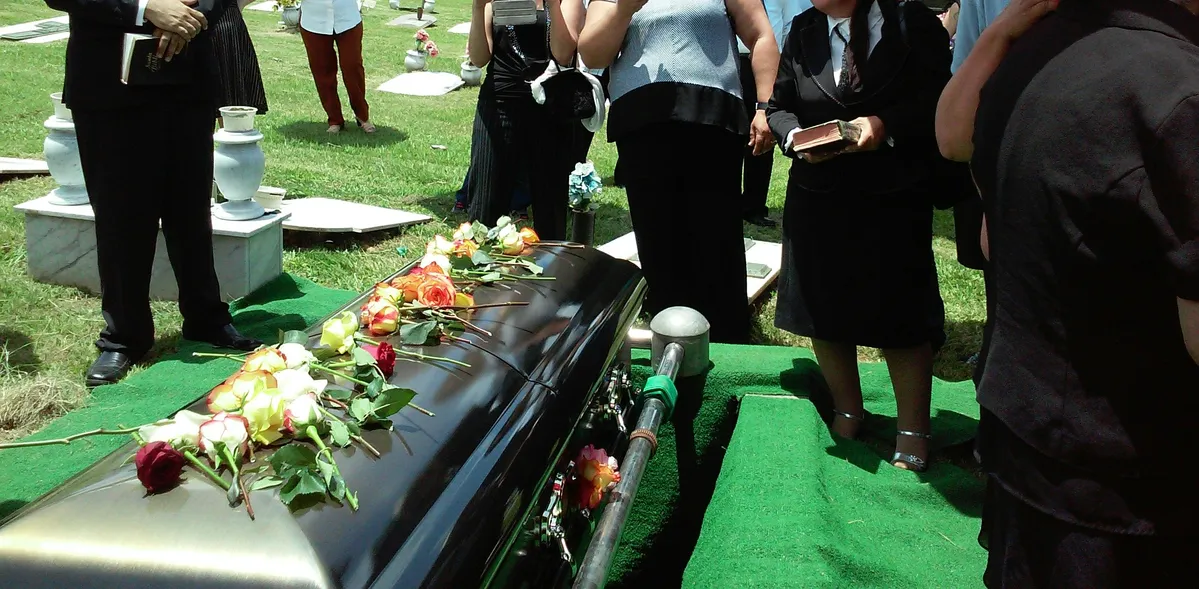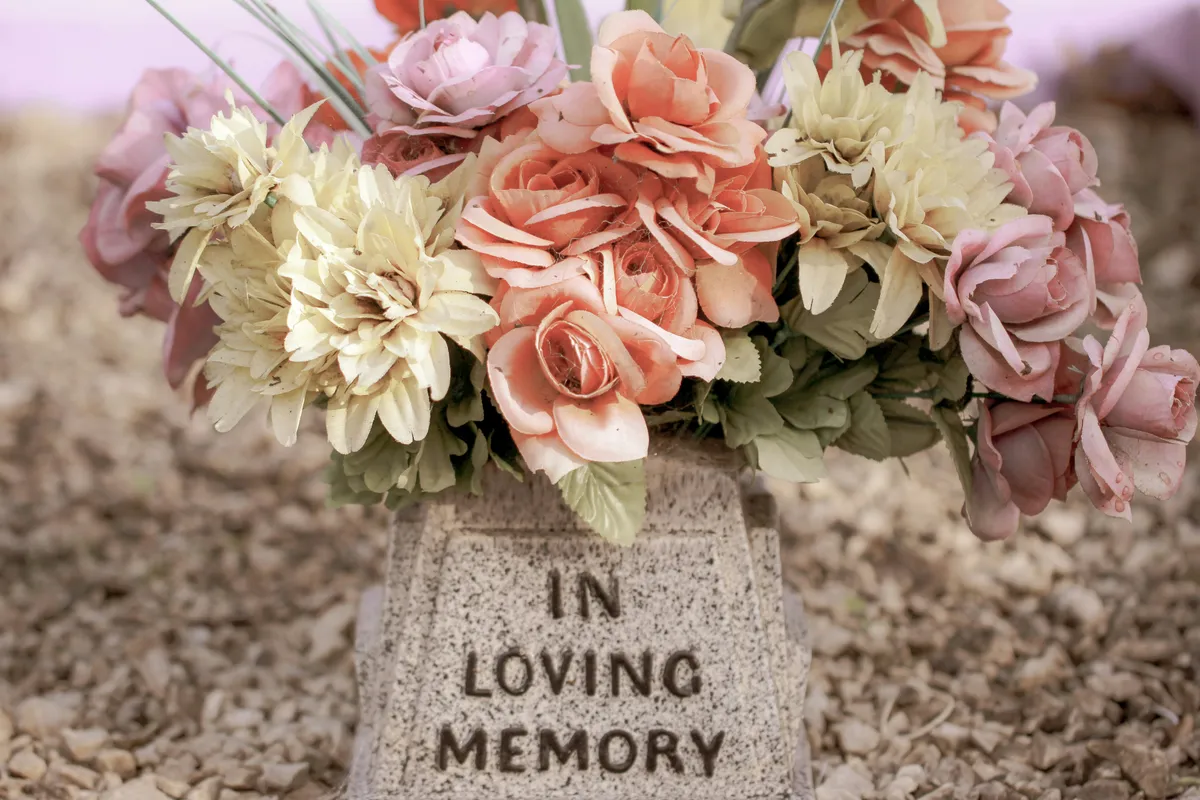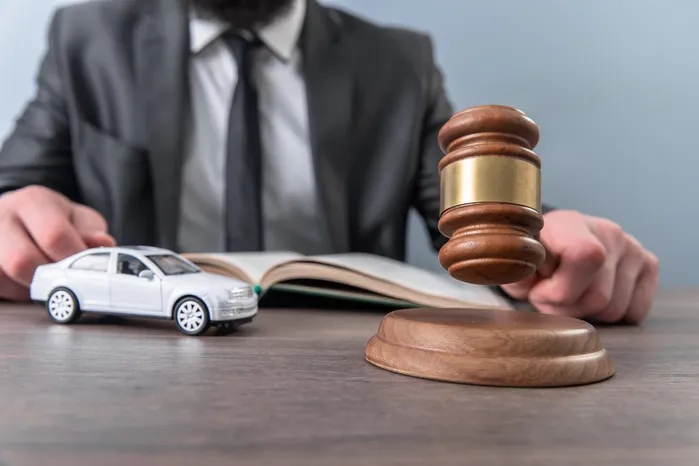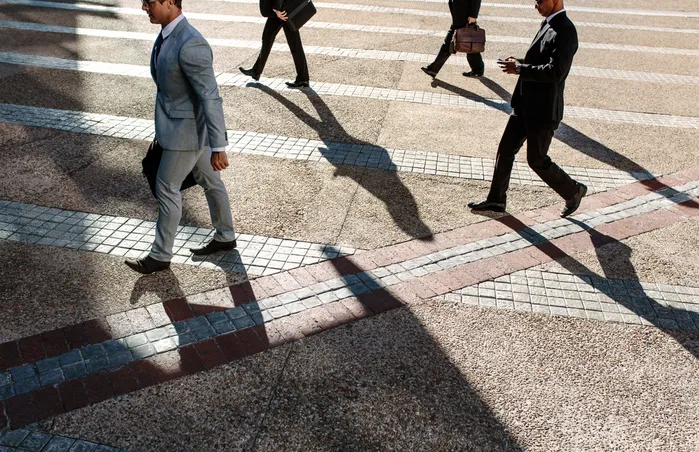7 min read time
Table of Contents

Defining a Wrongful Death Claim in Nevada
A wrongful death claim is a type of legal claim or lawsuit that arises when a loved one's passing is caused by another party's negligence or wrongful act.
Understanding these basics of wrongful death laws is essential before pursuing any legal action on behalf of a deceased family member.
What Constitutes Wrongful Death Under Nevada Law
Wrongful death arises when a person dies because another party's negligence or intentional wrongdoing caused the fatal injury.
Nevada law requires that the plaintiff (surviving family members) prove the at-fault party's liability for the death. A Las Vegas wrongful death lawyer can be key during this stage as they can help establish liability in your wrongful death case by analyzing evidence, interviewing witnesses, and using expert opinion.
Common causes of wrongful death claims in Nevada include:
- Car accidents
- Motorcycle accidents
- Truck accidents
- Slip and fall accidents
- Medical malpractice
- Premises liability
- Defective products
- Workplace accidents
Under Nevada's wrongful death statute, a claim must be filed by the personal representative of the estate or by the heirs who are legally entitled to recover compensation, such as a spouse or child.
Personal representatives and heirs can also file a wrongful death lawsuit and pursue legal action in court on behalf of the deceased.
Who Can File a Wrongful Death Lawsuit in Nevada

Nevada wrongful death laws only allow a limited set of parties to bring a wrongful death action. These include the personal representative of the deceased's estate, the surviving spouse or domestic partner, and the deceased's children.
If the deceased person had no partner or child, the parents may step in to file a Nevada wrongful death lawsuit. If the deceased had no living parents, then other parties who can prove financial dependence or a special relationship may also qualify, such as surviving family members, other than a spouse or children.
To be eligible to pursue a wrongful death case, the claimant must have a legal right to the decedent's property or to the benefits the decedent would have provided, such as financial support. The claim must be filed within the statute of limitations, which is typically two years, the statutory period from the date of death. Filing outside that window usually bars legal action from being taken, under Nevada's wrongful death laws.
Because the claim is a civil matter, the claimant must demonstrate that the death was caused by another's negligence or wrongful act. Once eligibility is established, the next step is to file the lawsuit in civil court and pursue compensation for the loss.
Seeking financial compensation and recovering damages through a wrongful death suit can be a challenging task, so it's recommended to schedule a free consultation with a Nevada wrongful death attorney from the Rodney Okano Car Accident Lawyer Law Firm who will gather relevant evidence, negotiate with the insurance companies, and secure the settlement you and your family deserve.
Statute of Limitations for Filing Wrongful Death Claims in Nevada
Understanding the time limits set by the law for filing a wrongful death claim is crucial for protecting your right to seek compensation. These deadlines determine when you must take legal action after a loss. Missing the window can result in your right to a financial settlement being lost.
Two-Year Deadline for Wrongful Death Claims
Nevada's statute of limitations for wrongful death claims is two years, and this two-year deadline starts on the day the loved one passes.
Surviving family members or estate representatives must initiate the claim within that period. Attempting to file after the two-year window closes typically results in the case being dismissed, so timing is crucial.
If the deadline is missed, the court will almost always bar the claim, and the survivors will lose the legal right to pursue compensation through the courts or from insurance companies.
Acting early ensures the claim is heard and the responsible party can be held accountable.
Exceptions to the Two-Year Rule
In specific situations, the two-year statute of limitations from the wrongful death process can be paused or extended.
The discovery rule applies when the cause of death is not known until months or years after the accident. In this case, the statute of limitations begins when the family learns or should have discovered the facts surrounding their family member's death.
Other exceptions include deaths involving a minor, where the heirs' action can be joined with the personal representative's claim, and situations of fraudulent concealment, where the wrongdoer hides the facts surrounding the accident.
How to Prove Liability in a Wrongful Death Claim
Establishing who is responsible for the wrongful death of your loved one and gathering the facts that support your claims is a necessary part of any successful wrongful death lawsuit.
By carefully collecting documents, expert testimony, and witness statements, you can clearly demonstrate negligence and its direct link to the loss.
Establishing Duty of Care in Nevada Wrongful Death Claims
In personal injury cases, proving that the defendant owed a duty of care to the plaintiff is crucial to a Nevada wrongful death case, as without proving that, you really don't have a case.
Demonstrating a breach of that duty of care follows once the duty of care itself is established. Common situations where a duty of care is owed are:
- In a car accident, drivers owe a duty of care to other drivers and pedestrians, which requires them to keep a safe speed and avoid reckless behavior
- Duty of care can be established by the relationship between the parties, the nature of the activity, and the foreseeability of harm
Gathering Evidence for a Wrongful Death Case
Collecting subintal evidence is the first step in proving liability in a wrongful death claim. The more detailed the facts, the clearer the chain of causation becomes.
Wrongful death laws help guide the selection of key documents, including medical records, police reports, and photographs of the incident scene. Also, witness statements from those present help establish the circumstances leading to the fatal injury and can be essential for wrongful death suits.
When evidence is complex, expert testimony can bridge any gaps an insurance company, judge, or jury may have. A forensic pathologist or accident reconstruction specialist can take raw data and turn it into a narrative that an experienced attorney can present for the court in a wrongful death lawsuit.
What Damages Can You Recover in Nevada Wrongful Death Cases
When a wrongful death claim is filed, the court or the insurance company considers a range of economic and non-economic damages and punitive damages that compensate for both the financial losses suffered by the estate and the emotional harm suffered by the surviving family.
These damages can include medical bills, funeral expenses, lost wages, and compensation for grief and loss of companionship. Understanding the scope of recoverable damages is essential for families seeking justice and a fair settlement through a civil lawsuit.
Economic and Non-Economic Damages
Nevada wrongful death laws allow the deceased's spouse, children, or parent to seek a wide range of economic damages, which are meant to compensate for the tangible losses, and non-economic damages, which are meant to compensate for the intangible losses.
Common economic and non-economic damages recoverable in Nevada wrongful death lawsuits include:
- Medical bills that the deceased incurred before death
- Reasonable Funeral and burial expenses
- Lost income and benefits the deceased would have earned
- The emotional toll suffered by the surviving family
- Loss of services
Punitive Damages
Punitive damages are awarded when the defendant's conduct is especially reckless or intentional, serving both to punish and deter future misconduct. They are added on top of compensatory damages and are not limited by the victim's actual losses.
Understanding Survival Action Claims in Nevada
Survival action claims allow families to recover the financial compensation the deceased would have received had they survived, covering medical expenses, lost wages, and pain and suffering, similar to a personal injury claim.
These claims can be pursued even when the victim dies days or weeks after the incident, ensuring that the surviving loved ones receive the full financial stability they are entitled to.
Who Can Pursue a Survival Action
A survival action lets the victim's legal rights continue after death. The survival action claim can be brought by the party who would have sued if the victim had survived.
Typically, the following may file a survival action:
- Surviving spouse or partner
- Executor or administrator of the estate
- Children
- Parents
- Siblings
- Next closest family member
These parties must prove the injury and the defendant's negligence to recover damages for the fatal accident.
Statute of Limitations on Survival Claims
Survival claims let surviving spouses, children, and estate overseers pursue damages from those held responsible for the death of a loved one.
The statute of limitations for survival claims typically starts on the day of death or when the wrongful act is discovered. Survival claims have a two-year period for filing, but the discovery rule can extend this period if negligence becomes apparent later.
Filing after this period usually bars any legal action from occurring; however, settlement talks may still occur.
Obtain the Compensation You're Entitled To
Contact Us Today
Rodney Okano Car Accident Lawyer is a Las Vegas personal injury law firm with over 20 years of experience helping clients obtain maximum compensation following injuries from accidents such as car crashes, worksite injuries, and slips and falls. Over those years, The Rodney Okano Car Accident Lawyer Law Firm has become an experienced law firm that can ensure exceptional results for any of its clients.






